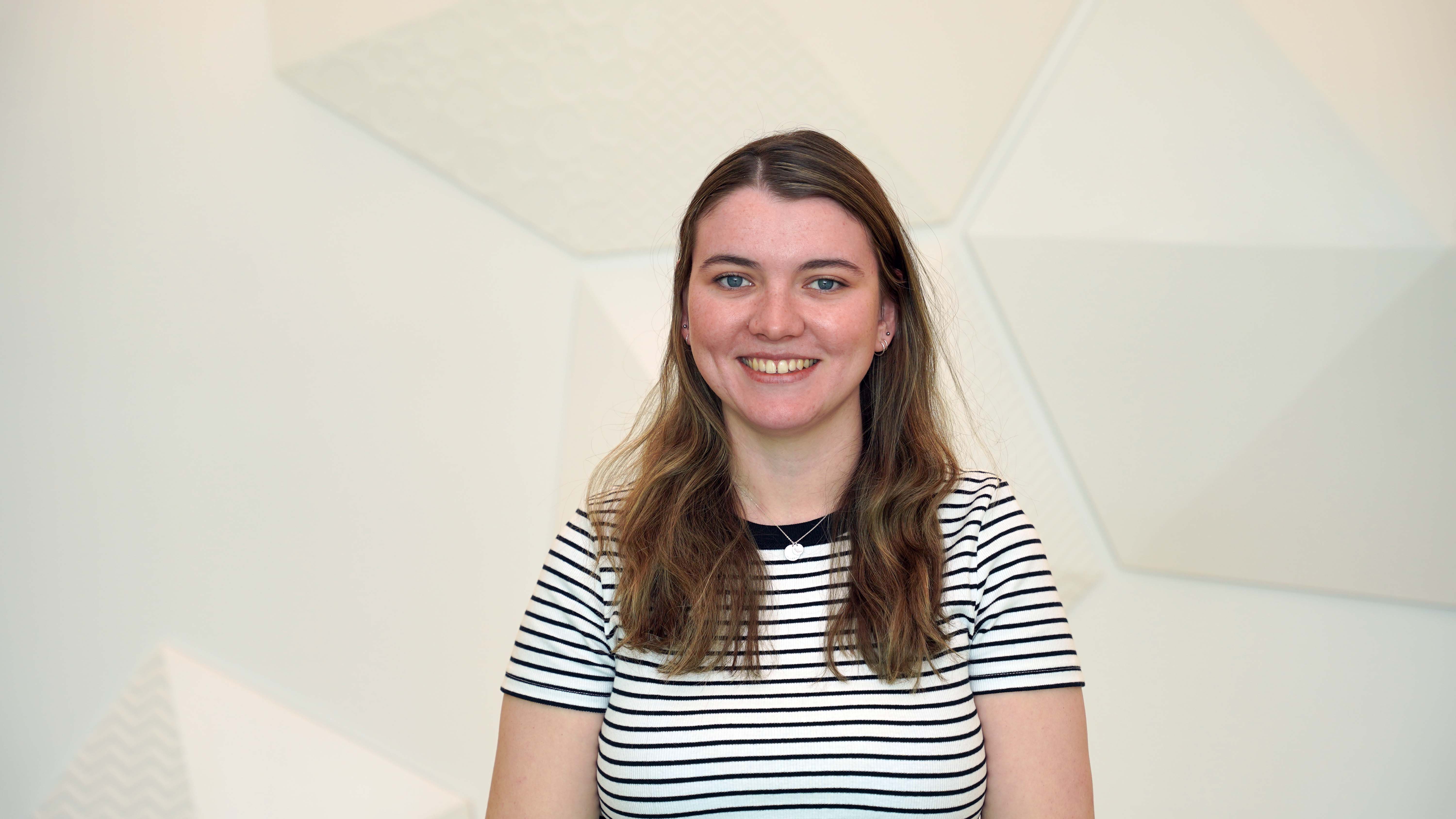Search


People
Felicity PheasantFelicity Pheasant is a Project Officer for Embrace at The Kids Research Institute Australia.

People
Tim PeschTim Pesch is a Research Officer in the Geospatial Health and Development team at The Kids Research Institute Australia.







Involvement opportunities
Discover the latest community involvement opportunities from across the Institute.
